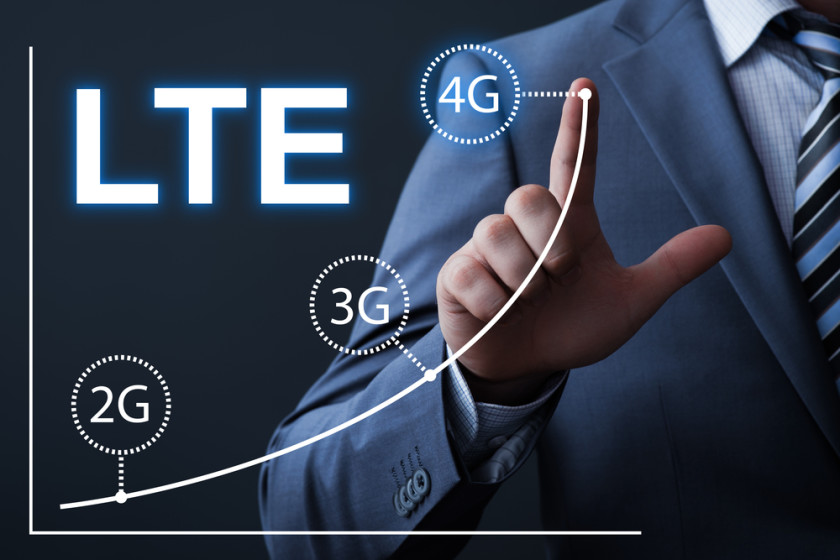The Ministry of Telecommunication and Information Technology (MTIT ) agreed last May to let Egypt’s main three mobile service providers use 4G technology and have distributed the necessary frequencies among companies willing to operate at a deal that cost $1.98bn, according to The National Telecom Regulatory Authority (NTRA). The step in itself has been described as “legendary” as Egypt has always suffered from terribly slow internet connections that have negatively affected all aspects of business and the economy. The fourth generation of cell phone technology (4G) is expected to provide much higher speed internet access than (3G) networks.
In brief, 4G is the fourth generation of wireless mobile telecommunications technology, succeeding 3G. Potential and current applications for 4F include amended mobile web access, IP telephony, gaming services, high-definition mobile TV, video conferencing, and 3D television. However, the question is: what does all of that mean to the normal citizen?! A 4G mobile broadband speed means faster banking transactions, better business performance, and can lead to higher economic activity.
Good news is that investments in the communications sector are highly expected to increase within the first quarter of 2017, thanks to the significant smoothness of internet connections liaising between all state departments and organizations, thus fortifying the country’s ability to attract severely needed foreign capital.
4G speeds will support industrial sectors and start-ups in terms of providing a better framework for exchanging information with stakeholders, governmental and business partners. There would be a remarkable improvement in Egypt’s “Ease of Doing Business” ranking. Generally, 4G changes will certainly affect how the public interacts with technology on a daily basis, whether that’s reading the news on a tablet, playing games on a smartphone, listening to a song, chatting with a friend, studying for an exam, taking an online course, or even remotely managing a company.
Research entities and universities are going to be among the biggest winners of this move. Access to data transfer, playing videos, and downloading digital material will be easier than ever before. Over the past two years, many protest groups on social media have been campaigning for what they called the “Internet Revolution” due to what they describe as unacceptably expensive broadband services of low quality. They say internet tariffs in Egypt are not economic at all if compared with other countries of the same living standard and economic class, accusing the government of not doing what’s necessary to modernize the country’s communication infrastructure and fiber optic cables.
All in all, the decision is long-awaited and does show real intentions of improving the quality of life of a large segment of Egyptians. According to latest statistics, the number of mobile subscribers in Egypt is 94 million, an enormous population, most of which are youth, striving for better internet services for different purposes, and considering internet and social networking services as part and parcel to their daily routine and lifestyle. There are currently three mobile operators in Egypt: Orange, Vodafone Egypt and Etisalat Misr. A long-delayed fourth license for a mobile operator is expected to be issued for state-run fixed line monopoly Telecom Egypt.
